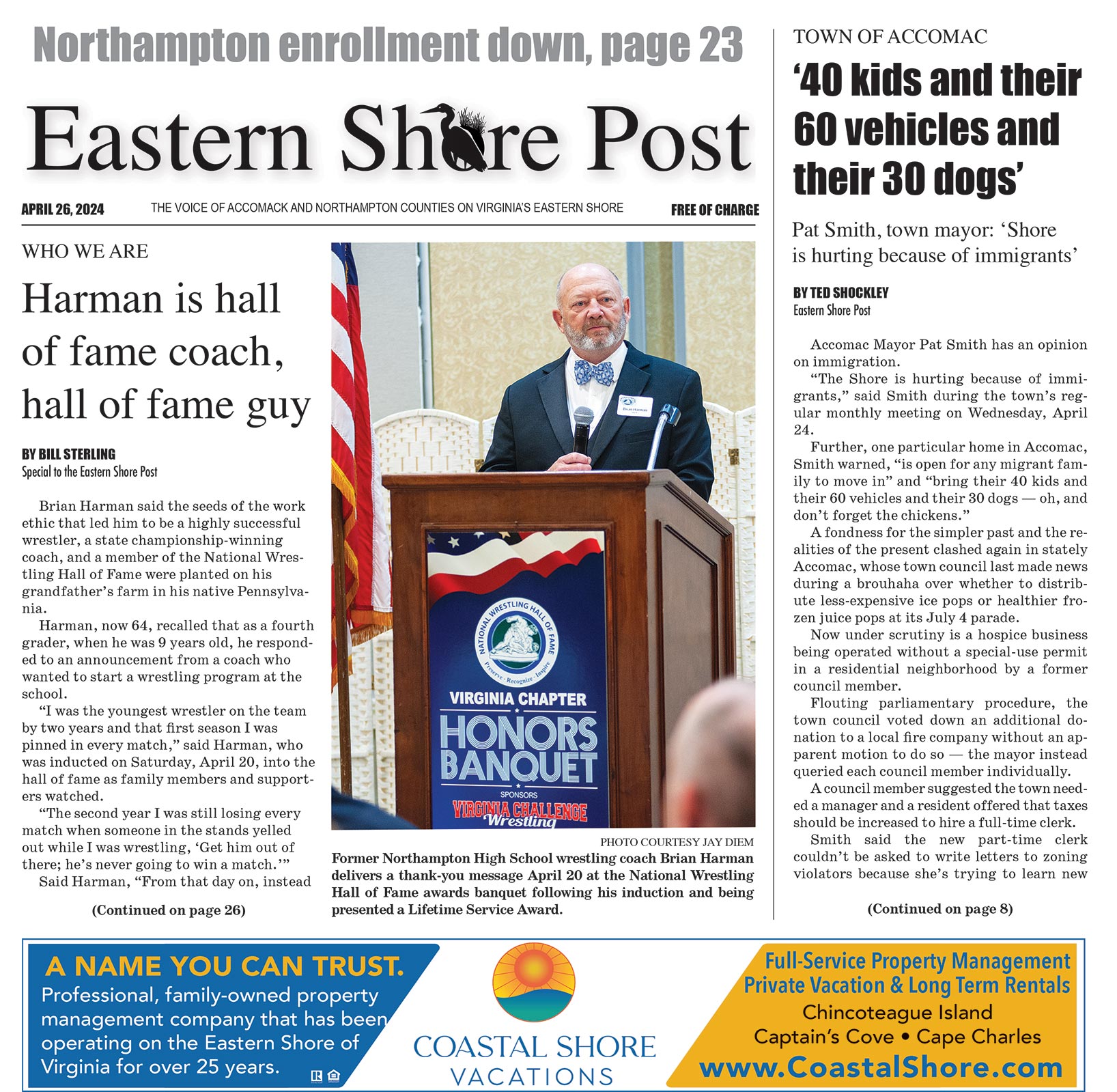By Linda Cicoira — Cell phone calls and text messages and where you are when you make those calls or send those communications are not as private as you may think thanks to what is called cell tower dumps.
Five years ago, the American Civil Liberties Union filed a Freedom of Information Act request with the FBI, the DEA, the Secret Service, and several other agencies asking for information about the surveillance technique. An article on the ACLU’s website tells how the FBI had requested the numbers of every phone that was connected to cell towers near where banks were robbed around the time the crimes occurred.
The FBI got back more than 150,000 numbers. The probe was successful in that the agency was able to identify numbers belonging to the robbers. But, they also had the rest of the numbers left over, meaning they were in possession of information about thousands of people who were not suspected of wrongdoing.
Local authorities have been asking for tower dumps too. In the past, Commonwealth’s Attorney Spencer Morgan said they have sought, by court order, tower dumps of an area where crimes occurred. After a supreme court ruling, they started obtaining search warrants to gather the information because the warrants include an affidavit.
In a 5-4 decision last June, the Supreme Court held that acquisition of cell site location data constitutes a Fourth Amendment search. Cell site location data is data logged by cell phone companies each time a cell phone connects to a radio antenna (cell site). Cell phones continuously scan for these cell sites, and each time a phone connects, a time-stamped record is created. (Read about the decision at www.supremecourt.gov/opinions/17pdf/16-402_h315.pdf.)
“It’s always been an investigative tool,” said Morgan. “It’s a digital fingerprint.”
A recent tower dump allowed police to take a look at all cellular data collected in the area of the Dollar General Store in Painter between April 8 and 12. That was about the time the store was robbed at gunpoint.
The court recently unsealed the warrant so it was made public. It states, “The Accomack County Sheriff’s Office is currently conducting an investigation of several armed robberies. On April 4, 2019, an armed robbery occurred at the Dollar General Store … at 33156 Lankford Hwy. … The same individuals may be involved in three previous robberies” that occurred Feb. 12 and 18 in Painter and March 23 in the Accomac area, the warrant stated.
Morgan said the information could be retained files in the court, at the sheriff’s office, in the commonwealth’s attorney’s office, or in a defense lawyer’s office.
In the Painter case, Investigator Aaron Turner, of ACSO, found that three males entered the store at 5:35 p.m., a search warrant stated. “One … was approximately 5-feet, 6-inches, slim build and had a light complexion.” He was wearing “black shoes with a very distinct white trim.” Then the same three and another male enter the same store at 8:12 p.m. The guy with the shoes again visited the store at 8:57 p.m.
This time he has a “carbine type rifle and demands money from the register,” the warrant continues. “When the cashier goes into the office with another employee, the suspect fires six shots at the door with two penetrating the door and narrowly missing the two female employees.
With the cellular tower information, Inv. Turner believes a correlation between the times of the first visit, second visit, and subsequent robbery will be discovered in the cellular data.”
“Cell phone data is critical information in identifying … individuals in the area at the time of the armed robberies,” the warrant stated. “Individuals regularly have their cell phones on their persons or in their vehicles at all times. Cellular telephones send signals through networks of transmitter/receivers called ‘cells’ or ‘cell sites’ enabling communication with other cellular towers, the locations of which may provide information on the location of the subject(s’) telephone(s). Cellular telephones may also include global positioning systems or other technology for determining a more precise location.”
The warrant, in that case, was requested in relation to felony charges of armed robbery, reckless handling of a firearm, and assault with a deadly weapon.



